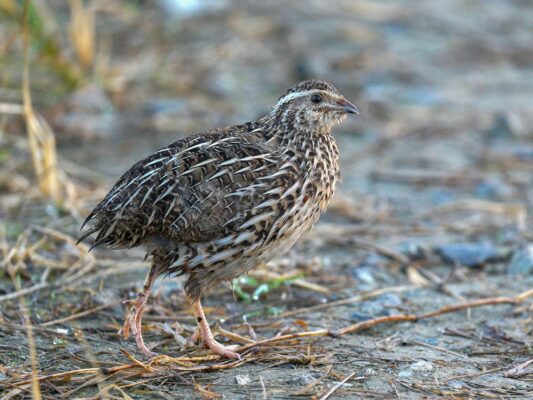
Quail Tale (of Caution)
More evidence that while complete replacement of other ingredients with black soldier flies may work in some cases, it is not necessarily the best approach. in Japanese quail, complete replacement of corn oil with black soldier fly oil reduced diversity of gut microbiota, which is a bad thing. Partial replacement was fine, though. This proves once again that maintaining a diverse and balanced diet is good not just for humans.
Atallah, E., Mahayri, T.M., Fliegerová, K.O., Mrázek, J., Addeo, N.F., Bovera, F. and Moniello, G., 2023. The effect of different levels of Hermetia illucens oil inclusion on caecal microbiota of Japanese quails (Coturnix japonica, Gould, 1837). Journal of Insects as Food and Feed, https://doi.org/10.1163/23524588-20230052
In this study, we investigated the effect of the dietary inclusion of Hermetia illucens larvae oil on the diversity and structure of the bacterial community of the caecal content of Japanese quails (Coturnix japonica). A total of 40 quails, equally selected for slaughter from 100 animals which were divided evenly into four treatment groups including control group (C) with a diet containing corn oil and 3 experimental groups with partial (25%, 50%) or total (100%) substitution of corn oil by H. illucens larvae oil, here referred to as Black soldier fly larvae oil (BSFO): BSFO 25, BSFO 50 and BSFO 100, respectively. After slaughtering (42 days of age), the microbiota of caecal samples was examined by high-throughput sequencing using the V4-V5 region of the 16S rRNA gene. In all the studied groups the dominant phylum was Firmicutes with prevailing families of Ruminococcaceae and Lachnospiraceae. Caecal microbiota was meaningly influenced on genus level. The linear discriminant analysis effect size (LefSe) analysis for the differential taxa abundance showed that Lactobacillus was significantly increased in BSFO 25 group, Fusicatenibacter was significantly enriched in all the experimental groups fed larvae oil (BSFO 25, 50 and 100) and Subdoligranulum was highly elevated in BSFO 100 group. The analysis revealed statistical dissimilarities between the control group (C) and the groups with 50% and 100% oil replacement (BSFO 50 and 100). The bacterial diversity was significantly suppressed in the samples of quails fed the diet with a total inclusion of H. illucens oil (BSFO 100). The results showed the considerable effect of Black soldier fly larvae oil on the caecal microbiota of Japanese quails.
